dyspraxia & youth
Dyspraxia can affect how someone learns.
It is important for parents and educators to be aware of how their children and students are individually impacted by Dyspraxia. Symptoms of Dyspraxia in children may include the following:

dyspraxia & youth

Dyspraxia can affect how someone learns.
It is important for parents and educators to be aware of how their children and students are individually impacted by Dyspraxia. Symptoms of Dyspraxia in children may include the following:
0–3 Years
-
Irritable and difficult to comfort
-
Feeding difficulties, milk allergies, colic, restricted diet
-
Sleeping difficulties, problems establishing routine
-
Delayed early motor development, sitting unaided, rolling from side to side
-
High levels of motor activity, constantly moving arms and legs
-
Repetitive behaviors, head banging or rolling
-
Sensitive to high levels of noise
-
Continued problems with development and feeding skills
-
Toilet training may be delayed
-
Avoids constructional toys such as jigsaws and Legos
-
Delayed language development, single words not evident until possibly age 3
-
Highly emotional, easily distressed, frequent outbursts of uncontrolled behavior
-
Concentration limited to 2 to 3 mins on any task
Ages 3–5
-
Swinging or tapping of feet when seated
-
Clapping or twisting of hands
-
Unable to stay in one place longer than 5 minutes
-
Very excitable
-
Voice loud and shrill
-
Easily distressed
-
Temper tantrums
-
Awkward movements
-
Poor ground awareness
-
No sense of danger, jumps from inappropriate heights
-
Often spills liquid from drinking cups
-
Prefers to use fingers to feed
-
Isolates from peer group, prefers adult company
Ages 6+
- Poor handwriting
- Hypotonia or low muscle tone
- Struggles with large motor movements
- Visual-spatial difficulties
- Speech and language processing delays
- Short attention span
- Misunderstood
- People-pleasers
- Social skills difficulties
- Emotional immaturity
- Sensory issues
- Ocular motor difficulties
- Difficulty with math
- Learning skills can be affected
- Difficulty with reading and comprehension
- Poor short-term memory
- Difficulty with organization and planning
- Difficulty following multistep directions
- Verbal delays
“How is a person with Dyspraxia supposed to learn to drive in between the lines of a street, if they can’t write in between the lines?”
Warren Fried

